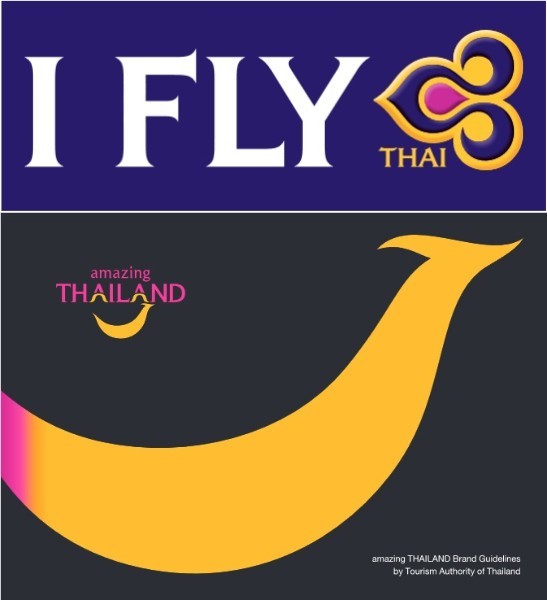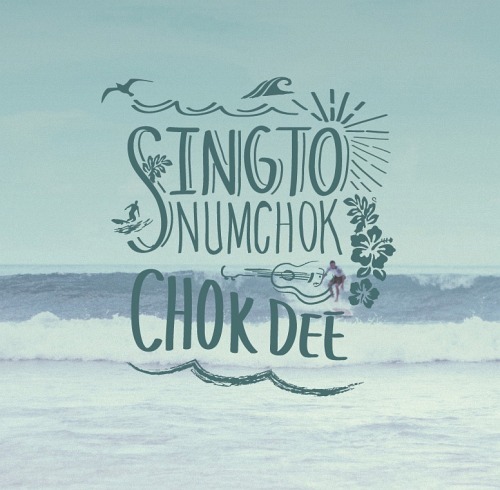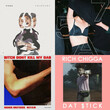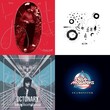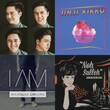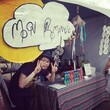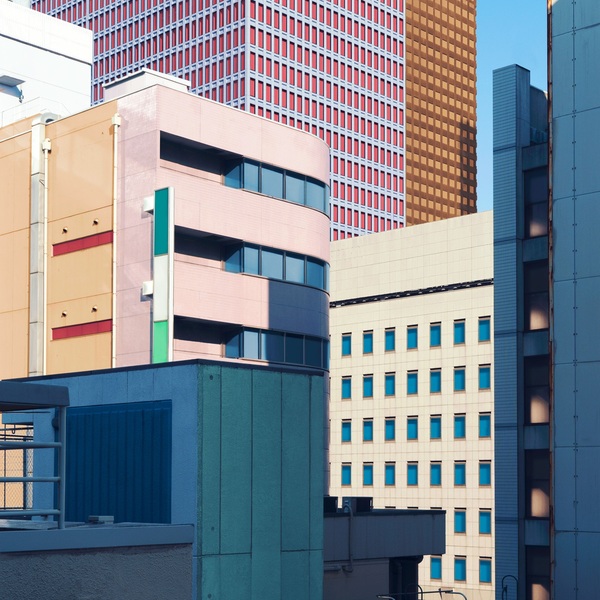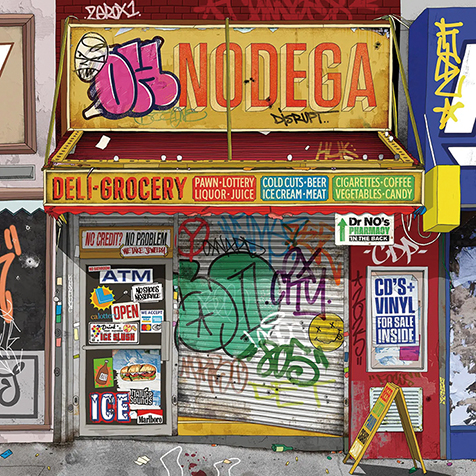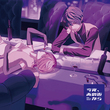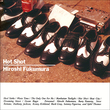
[REAL Asian Music Report]
Being involved in numerous music-related writings and known as the radio personality actively sending out Asian information, Hajime Oishi (writer/editor/DJ) who’s been delving deeply into music and cultures around the globe, takes charge of this serial –{REAL Asian Music Report}- that gets right to the bottom of the present progressive state of each of the local scenes in the bustling and unique neighborhoods across Asia.
This time, Oishi interviews the [Jack Johnson of Thailand], Singto Numchok - the man who rose to stardom with one guitar and his singing
Interviewed and written by: Hajime Oishi
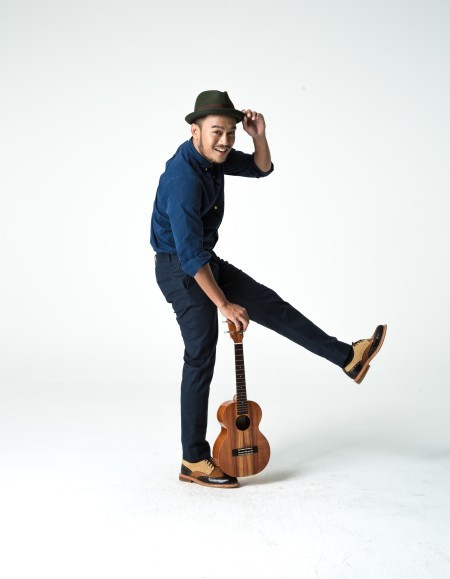
The name [Singto Numchok] may not ring a bell for many of the Japanese today yet. But in his homeland Thailand, Singto Numchok is a superstar singer-songwriter, and sure enough, his videos on YouTube have surely rung the bell having exceeded 50million plays. We have learnt that there is also an enthusiastic following here in Japan too. Numchok’s style is characterized by the gentle, smooth acoustic groove drawing from the vibes of surf rock. Indeed, he does occasionally get introduced with the tag line ‘the Jack Johnson from Thailand’, though the world he sings takes a different approach from the other Jack Johnson-followers all over the world. This may owe to his background with the success story of growing up in a poor family in the countryside, but then rising to stardom as the top player of the Thai music scene, armed only with one guitar and his singing.
I had the privilege of a direct conversation with the artist who has just released his EP “Chok Dee” that marks his debut in Japan, and who is making his way Japan-bound for a performance in the country this September. Read the interesting interview that reveals some of the state of things of his now ‘spiritual home’, Phuket, that is rarely introduced here in Japan
I saw different bands on TV and felt that that was it
That was what my life was supposed to be
――We understand that you are from Buriram in the northeast of Thailand. What kind of environment were you brought up in?
My hometown is a province called Buriram. But my home is not in the city center area, but in a village far from the city center. To get there, you have to ride the local bus called [Song Taew], because it’s not very developed there yet. Growing up, my family was quite poor, but the village was very friendly and the surroundings were still nice.
――We also heard that due to the financial needs of your family, you had gone to work in a factory from your teens, which was where you started to play the guitar at lunchtime breaks. And that was what opened you up to playing music. Could you tell us a little more about these days?
I started learning the guitar when I was 12 years old. Back then, I was working at a metal machining factory in Bangkok. It is common that if you live in the countryside and your family is not well off, then you go to Bangkok to work and send money home to help the family out. And while I was working there, I enjoyed hearing the music, the sound of the guitars, and I saw different bands on TV and felt that that was it. That was what my life was supposed to be, I wanted to be a musician, I felt it was really cool, how you can pick up a guitar and sing for everyone. At first, that was my idea, that music was “cool.” But now that I’ve been doing it, I think it’s more about happiness.
――The Isaan region in the northeast of Thailand is famous as active areas for local music such as Morlum and Loogthung. Did you also grow up listening to these kinds of music?
I have listened to Morlum and Loogthung music since I was young, because my father is a Loogthung artist.
――Wow, is that so?
Yes, so I would say they’re in my blood. He always put this type of music on, so I grew up absorbing it without realizing that I liked music. But somehow, Loogthung and Morlum had already been running in my blood. I think these types of music are very unique and tell cultural stories.
――Your songs come with a deep emotional feel. Perhaps that was something you inherited from Loogthung and Morlum.
Yeah, that might be.
――We hear that you received the greatest influence from the songs by the popular Thai singer, Beau Sunita. What was it that inspired you the most?
Yes, the person I saw on TV and became inspired was this lady, Beau Sunita. I watched one of her interviews and the way she told her story of how she sent all her work to different music labels until she became an artist made me realize that in order to become an artist, you have to work hard, and even money can’t get you there. After that, I started practicing the guitar and singing, and hoped that one day I would become a musician.
――Were there any musicians other than Beau Sunita that you used to like back then?
Apart from Beau Sunita, another band that encouraged me to play the guitar was LOSO. Back then, everyone (in Thailand) had to know LOSO because of the lead artist who played the guitar, composed the music and sang very well, and more importantly, he didn’t have to be good looking in order to be famous. LOSO gave me hope that if I were half as good as he was then I might have a chance.
――And then after that, you started playing live performances at bars in Bangkok?
That’s right. After I had been practicing enough to have the confidence, I applied to perform at different bars. I knew it would be hard at first because I didn’t have the experience, but what else can you do, right? So I kept applying for gigs and worked whatever came my way, slowly working my way through until one day I realized I was already a full-time musician.
――I see. Meanwhile, you have recorded 2 albums with the band Mono. Tell us how you got to work with Mono at the first place?
While I was playing at a bar as the electric guitarist, I didn’t have a lot of money so I didn’t have any effect pedals, and I simply played the guitar using just the amplifier. Then, one of the members of Mono came to watch me one day and said that it was really cool the way I played without using effects. They were looking for a vintage style guitarist so we decided to work together. We made 2 albums together.
――But then you leave Mono and end up moving to Phuket. What was the reason you decided to move?
A ‘rocker’ like me felt that I wanted to find new places to play music, new places I had never been to. And I had always liked the sea, so I thought of going there, and eventually went to Phuket. I started off by searching on the Internet to find any bars looking for a musician, and I found one but they were looking for a band, so I asked other friends along, but no one was interested. So I just went alone, with my acoustic guitar. And I fell in love with it. I didn’t feel the need to make an album, become famous, or have any hit songs, because I was in a place that I loved, I got to do what I loved, sang and played the guitar. I felt I had enough, and I stayed in Phuket for a long time.
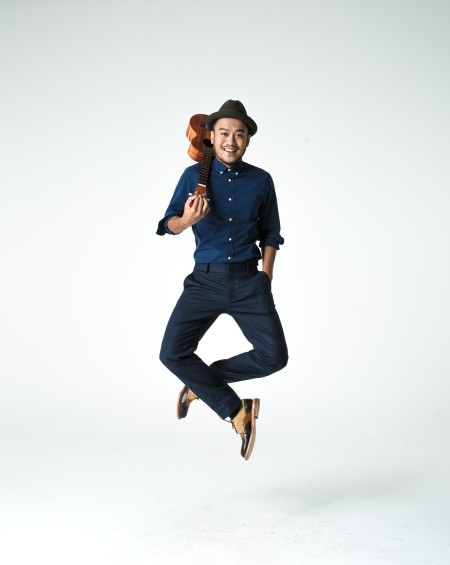
My music is what I’d like to call “feel good” music
――Your songs are often compared with those of Jack Johnson or Jason Mraz. Were you actually influenced by these artists?
Yes. I first came across music style like that of Jack Johnson and Jason Mraz when I was in Phuket, and I felt it was it. Because I came alone, just me and my acoustic guitar, it was the style that worked for me. There were rhythms I had never heard before in their music, so I thought back then that it would be nice to do something like that for Thai music too.
――Phuket is known to be a key spot for surfing. Do you enjoy surfing too?
Yes, I also surf, just like Jack Johnson. Apart from liking his music, I think the surf culture has a lot in it including its lifestyle and way of living. It’s not like you just want to make simple kind of music, but the style comes from way of living which reflects in his music style, and that’s what I like. As for surfing, I wanted to try it out because there was surfing in Phuket. It’s fun but also dangerous.
――You play the ukulele too. What brought you to start playing the ukulele?
I started playing ukulele when I was in Phuket. The first time I saw a ukulele, I was like, “What was that instrument? It looked like a guitar but so small, and can make songs! Also, it is cheap! I mean the first one I saw was cheap, it was 1,000 Baht (approximately 3,000 yen.)” So I bought it and played, the more I played, the more I liked it. So, I play both the guitar and the ukulele.
――Are you still living in Phuket?
Now, I live in Bangkok mainly because it’s easier for me to work on my music projects, and doing promotions. But of course, my heart remains in Phuket, like I had said before, Phuket is just right!
――Can you recommend any music-related spots that music fans should definitely visit?
Phuket is a place where pubs and bars come and go, so I’m not sure the places I had been to would still be there. But there’s one place, that has been there for a long long time and they have very nice music there, it’s called “Timber Hut”. I went there often and accidentally brought their glasses home. One day, the guard shouted to me, “Hey you, you’ve taken so many of our glasses, please put them back!” I never did on purpose but I had quite a few of their glasses at home still, and I would love to recommend this place if you go to Phuket.
――Now, tell us about the music scene in Thailand. Looking from overseas, it seems like there’s an increased number of artists or bands seemingly influenced by western music over the past 5 years or so. What do you think yourself?
Of course, there have been a lot of changes in the music scene around the world including Thailand. What I’ve noticed recently is that there are many more talented musicians, as well as many more new styles of music. I really like it because I feel I get to consume new types of music all the time. Problems in the music scene in Thailand do exist too, but I don’t view them as problems. There are problems in every period of time, in fact. But for me, how I get to work in music, doing what I love, and having supports from everyone, I shouldn’t be too worried about anything. I just keep doing what I do. Apart from music from the West, we also get to hear a lot of indie music from around Asian and South East Asian countries. Some of them make me shocked, but in a good way, not in a bad way!
――Are there any Thai artists you are keeping an eye out for lately?
First I want you to try listening to “Singto Numchok” then I will tell you more about Thai music. Hahaha.
――Understand (lol). In the meantime, please tell us about the highlights in the Japan-debut EP “Chok Dee” you have just released?
My music is what I’d like to call “feel good” music. I want my listeners to feel good and relax when hearing it, and that’s more than enough.
――From the label Parabolica that released the Japanese edition of your EP, the female pop duo from Bangkok, STOONDIO also has a Japanese release lined up. What is your impression of this duo?
STOONDIO are my friends. We used to play at the same bar called Stu-fe’. We haven’t been seeing each other lately, but I am very happy to know that they also work with Parabolica too. Who knows, maybe we will get to go to Japan together sometimes.
――You will be coming to Japan to perform for the second time this September. Is there any Japanese music that you know?
I’ve always listened to X-Japan. There is Hide who gives me headache from the guitar ability. Boy, I had never been able to play like he can. Other Japanese artists I admire are Cornelius, Toe and Depapepe.
――And this would be our final question. What do you wish to convey most through your music?
I am happy to play music, and I believe that my listeners can feel that. If you hear my music and smile, that is enough for me, I am happy.
Singto Numchok Japan Tour 2016
Wednesday 14th, Sep. Shinjuku MARZ, Tokyo w/ Tempalay, iri, deepsea drive machine
Thursday 15th, Sep. Instore event at HMV&BOOKS TOKYO, Tokyo
Friday 16th, Sep. Shindaita FEVER, Tokyo w/ never young beach ,rourourourous
Saturday 17th, Sep. Instore event at Tower Records Yokohama Vivre store, Yokohama
